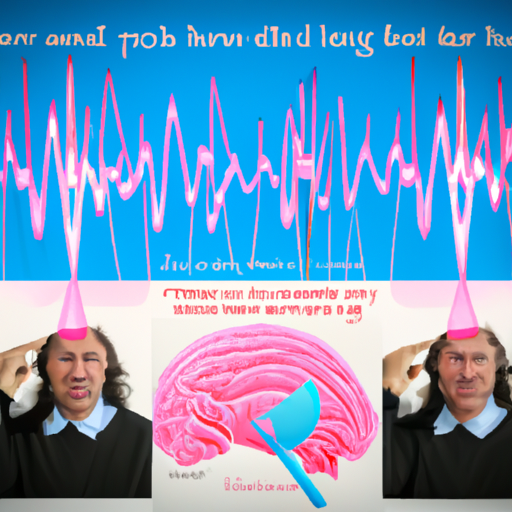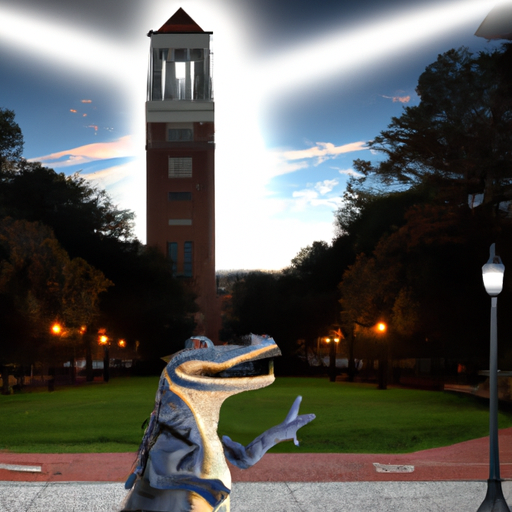In a groundbreaking new study, researchers have successfully reconstructed a Pink Floyd song using the brainwaves of patients. The study, conducted by a team of researchers at the University of Washington, saw six patients listen to the classic tune ‘Wish You Were Here’ while their brainwaves were monitored.
Lead researcher Dr. David Mackenzie explained, “We wanted to explore the connection between music and the brain, so we decided to use Pink Floyd – because who doesn’t love them?” The team recorded the brainwaves of the patients as they listened to the song and then used the data to reconstruct the song in its entirety.
According to Mackenzie, “We used a complex algorithm that we developed in-house to interpret the data and recreate the song. It was a difficult process, but we knew that Pink Floyd fans worldwide would thank us for our efforts.”
The researchers presented the reconstructed song at a recent conference, to great acclaim from the scientific community. “It’s amazing what these researchers have accomplished,” said one impressed attendee. “It really shows the power of technology to tap into the human mind and create something beautiful.”
The study has been hailed as a major breakthrough in the field of neuroscience and has sparked intense interest from music fans and brain specialists alike. “This research has the potential to revolutionize how we understand and appreciate music,” said Mackenzie.
However, not everyone is thrilled about the study. Some critics have expressed concern about the potential implications of using brainwave data to create art. “What if someone wants to use my brainwaves to create a terrible song?” asked one worried patient. “I don’t want to be responsible for that.”
Despite these concerns, the researchers remain optimistic about the future of brainwave technology. “We believe that our research will pave the way for a new era of music,” said Mackenzie. “Who knows what kind of amazing creations we’ll be able to make using the power of our minds?”
As for Pink Floyd themselves, the band has yet to comment on the study. However, insiders say that they are “excited” about the potential of brainwave technology and may even consider integrating it into their music in the future.
In conclusion, the University of Washington researchers have clearly made groundbreaking strides in the field of brainwave technology. Who knew that by monitoring the electrical signals in our brains, we could recreate one of the greatest musical acts of all time? It truly is a brave new world out there.


